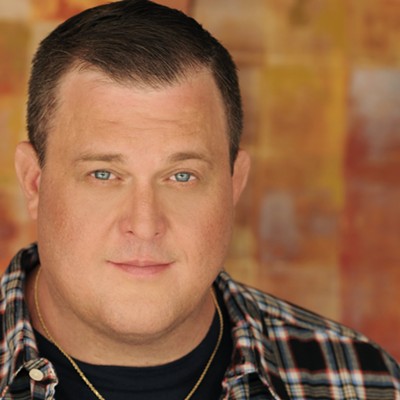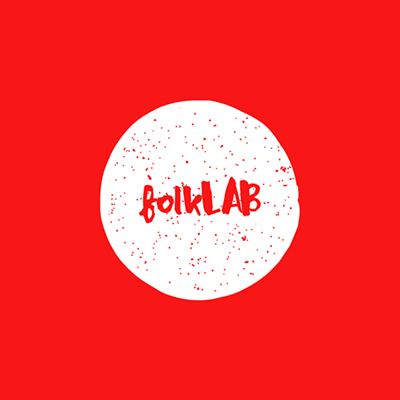Thursday, May 28, 2009
Tom Stoppard's Rock 'n' Roll at PICT
True to form, Stoppard explores many ideas in this 2007 play, getting its local premiere in a solid, fast-paced production at Pittsburgh Irish & Classical. Maybe the most interesting of these ideas concerns what creates social change -- cultural revolution, or the kind of revolution that alters who holds the political and economic reins of a society?
The play takes place in Cambridge, England, and Prague, in short scenes drawing a dotted line from 1968 to 1990 -- from just before the Prague Spring (and Soviet invasion) to just after the smashing of the Berlin Wall. The debate is largely defined by characters representing the antipodes. Max, the Last British Marxist, holds that the only real revolution took place in 1917. Jan, the rock-obsessed, Czech-born graduate student, believes that art -- and other new ways of living and thinking -- matter most.
Max is a true believer, but he's not blind: Stalin's crimes bloodied a beautiful idea, one still worth fighting for, even if it means repressing reform with tanks, and dissidents with jail time. And if Jan is naïve, his beliefs are similarly complex. He argues that the Plastic People of the Universe, a whacked-out rock band the Soviet-backed Czech government banned, is a truer threat to the repressive order than are mannerly dissidents, because to inquisitors, "pagans" are scarier than mere "heretics."
Stoppard, it's worth noting, leaves Max's side of the argument largely to the aging Max himself. Even the Czech Commies whose repressions he theoretically supports are more cynical, like a secret policeman who contends that -- far from solidarity -- all most people want is a bigger TV and a little peace and quiet. Meanwhile, Jan's fellow younger characters, implicitly or explicitly, tend to agree that cultural revolution is where it's at. "Politics is over," says the expat Czech student Lenka. Minds can be freed with music and weed; the social order scarcely matters.
Of course, it mightn't be possible to change society without changing both minds and who owns the means of production. But Stoppard frames these propositions as, in practice, mutually exclusive, because they proceed from divergent world views. People like Max, materialists who believe in politics and the "collective mind," think pop music is irrelevant. Consciousness-raisers into hedonism and spiritual awakening, meanwhile, aren't going to bother organizing the masses, let alone running factories.
Stoppard's own views, as best as can be divined from the play and the interviews in PICT's well-stocked program, align more with Jan (who is, the Czech-born Stoppard has acknowledged, a kind of fictional alter-ego). But here too of course there's nuance, in the play's intimations of the ills unbridled capitalism will bring to the Eastern Bloc. There's also the sense that the bracing spirit of freedom that animated the dissident cause can't really survive the actual attainment of freedom. That it's just different times, and that the Rolling Stones playing Prague in 1990 is a triumph, on one hand, and a sort of post-coital letdown on the other.
If the goal is personal freedom, after all, capitalism can supply it endlessly, at least to the fortunate ones, just as advertisers have learned to sell rebellion and individualism in mass-marketed boxes, bottles and packets … in album sleeves, CD jewel-boxes and download software. Cultural revolution does change some things, and in Czechoslovakia, it seems to have helped changed governments. But from inside capitalism, it feels more and more like another product.
(Rock 'n' Roll continues through Sun., May 30.)
Tags: Program Notes












